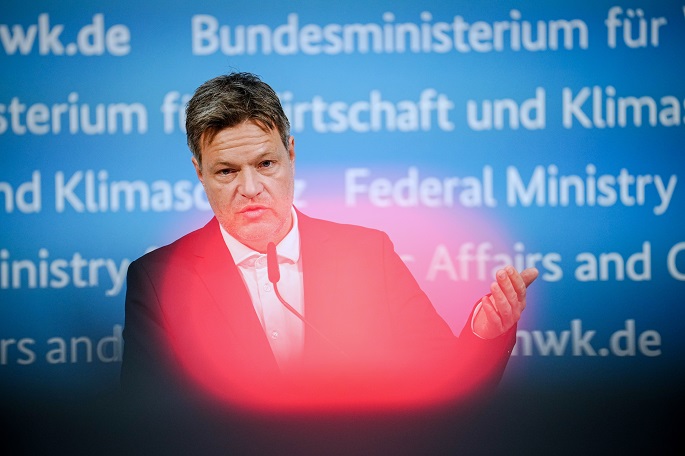Germany plans to phase out Russian coal, oil imports this year
Published : 25 Mar 2022, 23:24
Germany wants to wean itself off Russian coal and oil during the course of this year, according to a plan presented by Economy Minister Robert Habeck on Friday.
"By the middle of the year, Russian oil imports to Germany are expected to be halved. By the end of the year, we aim to be almost independent," a document published by his Ministry for Economic Affairs and Climate Action said.
As for coal, Germany plans to be independent of Russian deliveries "by the autumn," according to the plan.
Habeck, who is also Chancellor Olaf Scholz's deputy, spoke of considerable progress in a short space of time, as Western nations seek to cut off economic ties with Moscow as punishment for its invasion of Ukraine.
However, cutting off Russian fossil fuels is a tall order for Germany, which received 50% of its coal and 35% of its oil from Moscow before the war in Ukraine started.
Oil and coal contracts with Russia will not be renewed and companies will look elsewhere once these partnerships end, Habeck said. As a result, Russia's share of German oil imports is thought to have already fallen to a quarter, with coal deliveries set to fall to a similar level in the coming weeks.
Efforts to gradually phase out Russian gas are also under way, although that will take considerably longer. Germany is to become largely independent of Russian imports by the summer of 2024, according to Habeck.
He said that by the end of the first quarter, Russia accounted for 40% or German gas imports.
"In the past few weeks, we have undertaken intensive efforts with all the relevant actors to import fewer fossil fuels from Russia and broaden the basis of our supply," the minister told reporters in Berlin.
According to the ministry, three floating LNG terminals will also play a role in the conversion of the gas supply. These have been commissioned by the German government through energy companies RWE and Uniper.
Habeck's announcement also comes just days after his trip to the Gulf, during which he spent time in Qatar, one of the world's biggest exporters of LNG, facilitating new deals together with German industry representatives.
Germany also plans to build its own LNG terminals to build up reception capacity. At present, LNG arrives at terminals in the Netherlands and Belgium, for example, before making its way to Germany.


